Description
The Wreck of Hesperus by Stanley Massey Arthurs printed on a Hoodie
About the Hoodie
Modern fit
It provides a more tailored look than a regular fit
Comfortable
The fabric and fit of this item are extra comfy
Tear-away tag
Easily removable tear-away tag that allows you to add a custom inside label
Premium quality
The product is made from premium, high-quality materials
Classic unisex hoodie with a front pouch pocket and matching flat drawstrings. The 100% cotton exterior makes this hoodie soft to the touch.
- 65% ring-spun cotton, 35% polyester
- Charcoal Heather is 60% ring-spun cotton, 40% polyester
- Carbon Grey is 55% ring-spun cotton, 45% polyester
- 100% cotton face
- Fabric weight: 8.5 oz./yd.² (288.2 g/m²)
- Front pouch pocket
- Self-fabric patch on the back
- Matching flat drawstrings
- 3-panel hood
- Tear-away tag
Stanley Massey Arthurs (1877-1950)
Stanley Massey Arthurs was born in Kenton, Delaware, where his father owned a general store. Talented in art as a child, he studied in Wilmington with painter Clawson Hammitt, who urged him to study with Howard Pyle. Pyle accepted Arthurs into his class at Drexel Institute in 1897; in 1898, Pyle invited Arthurs to attend his summer scholarship classes at Chadds Ford, Pennsylvania. When Pyle opened his own school in Wilmington, Arthurs continued his studies there, and worked in one of the studios Pyle had built for the school. Arthurs’ first illustration was published in the December 2, 1899, issue of Harper’s Weekly. When Pyle died in 1911, Arthurs purchased his studio. He lived and taught there for the rest of his career.
Although Arthurs illustrated a great deal of popular literature, he specialized in historical texts, following Pyle’s dictum that such images should be as accurate as possible. He also painted several murals of historical subjects for the State House in Dover, Delaware, and for the Minnesota State Capitol building, and produced a long series of historical paintings for DuPont Company calendars and the DuPont Magazine. Many of these were published in book form as The American Historical Scene (1938). Historical illustrations occupied most of Arthurs’ attention after 1920, but he also painted landscapes, not only of local scenes but also of Florida, the Western states, and Europe.

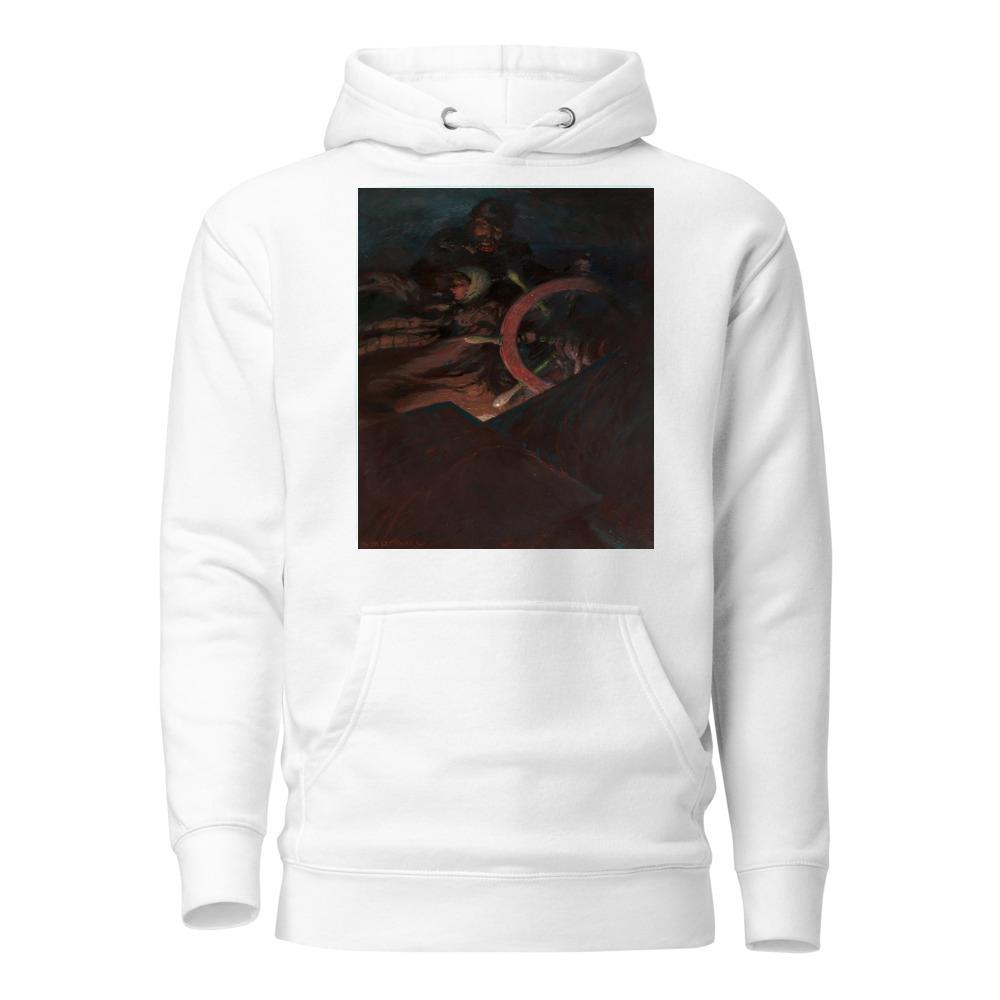
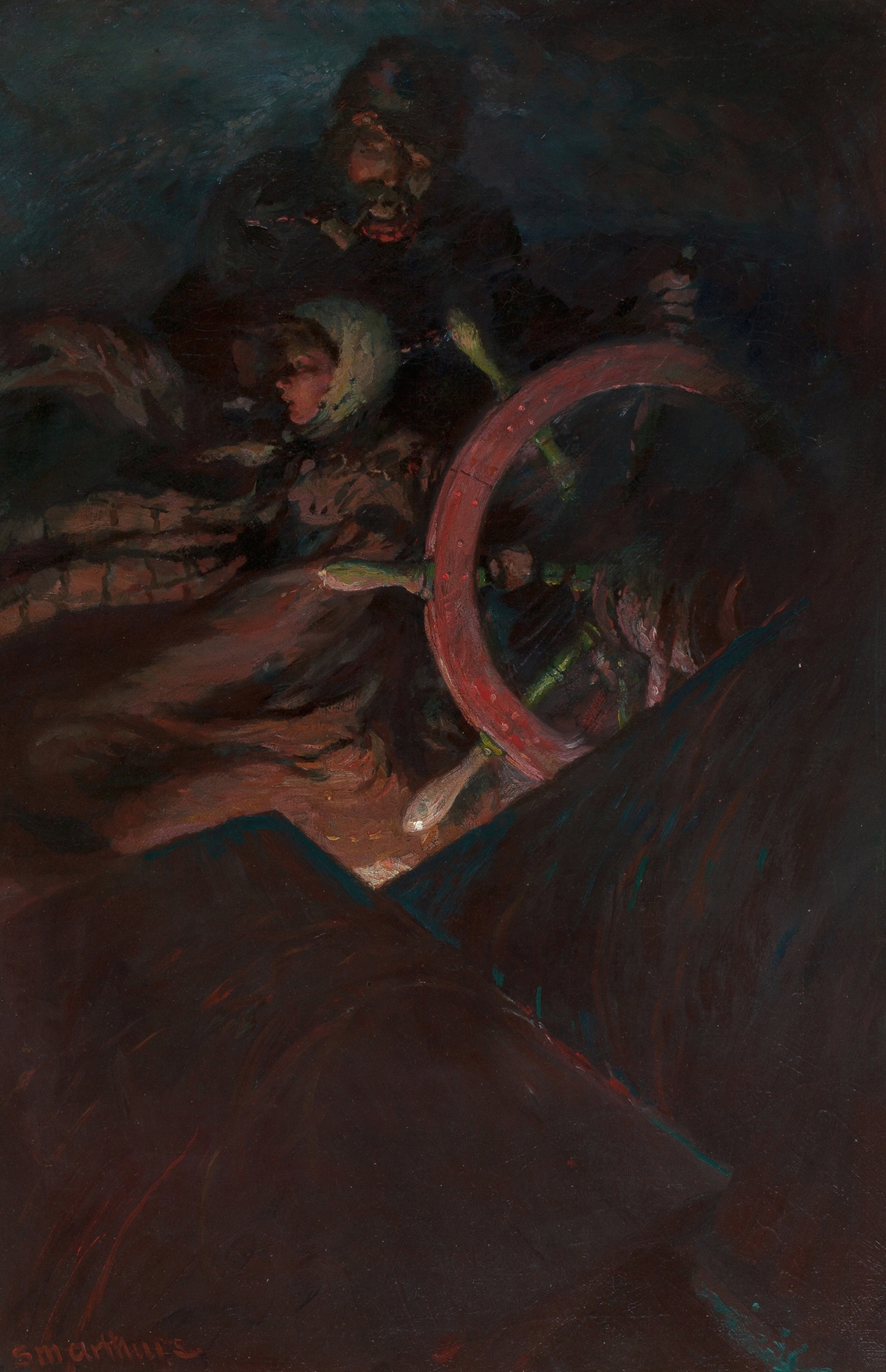
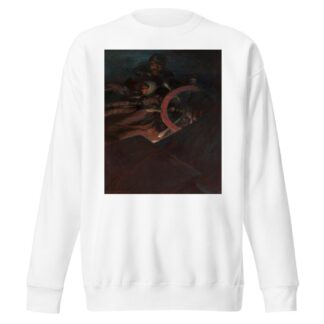
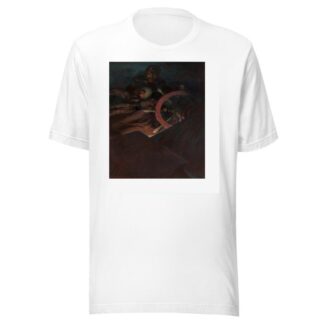
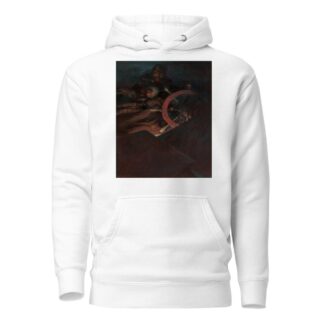
Reviews
There are no reviews yet.